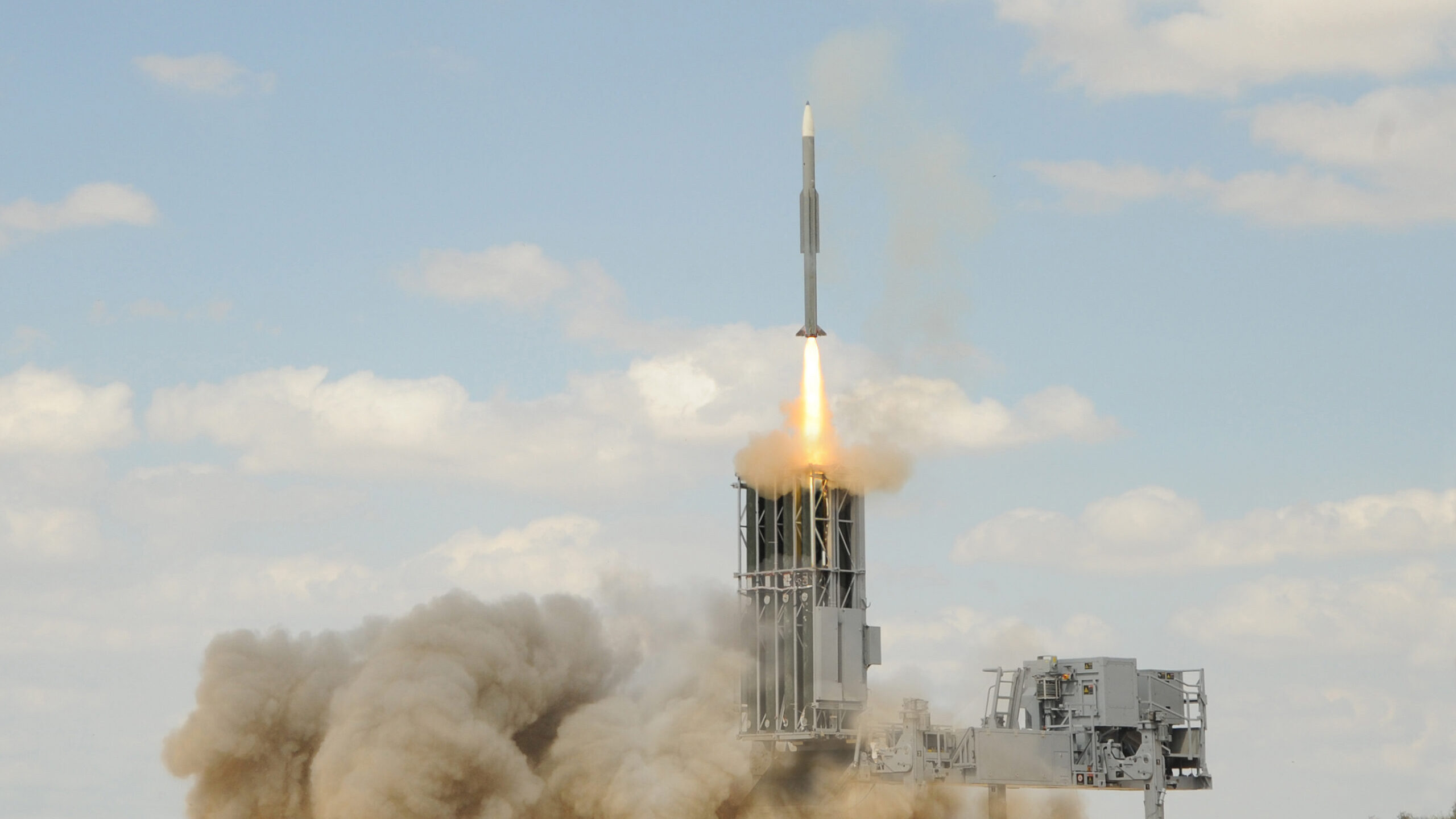Denmark’s Ministry of Defence has decided not to proceed with the acquisition of the Israeli-made Barak MX Integrated Air and Missile Defense (IAMD) system. This decision follows a recommendation from the Defence Command to explore alternative initiatives that promise greater immediate combat power. Defence Minister Troels Lund Poulsen confirmed the move in a statement, emphasizing the need to prioritize the most suitable capabilities for the country’s defense.
In his announcement, Poulsen noted that the Defence Command presented a “clear military-technical position regarding the development of ground-based air defense.” The Command suggested reallocating resources originally intended for the Barak MX to other projects that could enhance Denmark’s immediate defense capabilities, particularly in ground-based air defense. This strategic shift comes at a time when Denmark is actively assessing its military needs, especially in light of increasing concerns about drone threats.
The decision to forgo the Barak order follows reports from Danish public broadcaster DR, which indicated that Israel’s offer included a “soft kill solution against drones.” This capability is not currently available in existing Danish air defense systems, highlighting a pressing need for enhanced counter-drone measures. While the Ministry of Defence has yet to specify which alternative system it will pursue, it is clear that securing a robust air defense framework is a priority.
The Israeli Ministry of Defence has not responded to inquiries about the decision, nor has Israel Aerospace Industries (IAI), the manufacturer of the Barak system. The Barak MX is capable of utilizing various interceptors, effective against a range of threats including drones, aircraft, and tactical missiles, with an operational range of up to 150 km (93.2 miles).
As Denmark reassesses its defense strategy, the urgency for a system equipped with short-range, counter-drone capabilities has intensified. This is particularly relevant following a series of drone sightings at local airports and an increase in suspected Russian drone activities across Europe. In a notable incident last September, a drone sighting at Copenhagen Airport led to its temporary closure, prompting Prime Minister Mette Frederiksen to acknowledge the possibility of Russian involvement.
Denmark is simultaneously embarking on a significant modernization of its air defense systems. In September 2024, the government committed approximately 58 billion krone ($9.1 billion) to acquire eight long- and medium-range systems, including the French-Italian SAMP/T platform. This investment underscores the nation’s intent to bolster its defense capabilities amid evolving security challenges in Europe.
The decision to reject the Barak MX system may reflect Denmark’s broader strategy to adapt to new threats while ensuring that its military investments yield the most effective and immediate results. As the situation evolves, the Danish Ministry of Defence will continue to explore options that align with its defense objectives.







































































